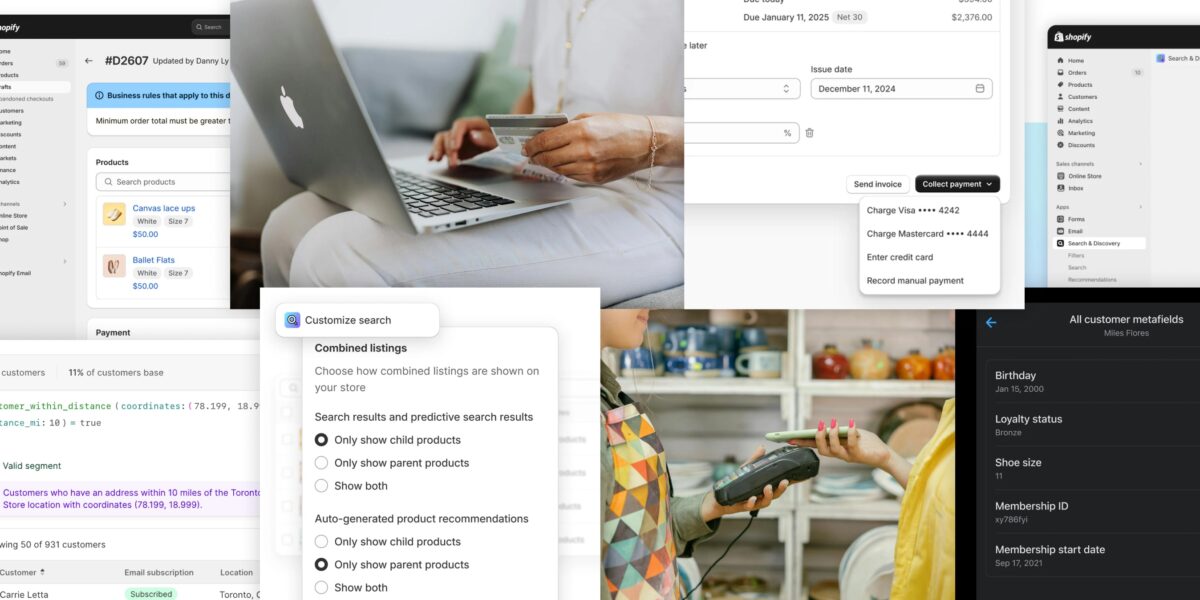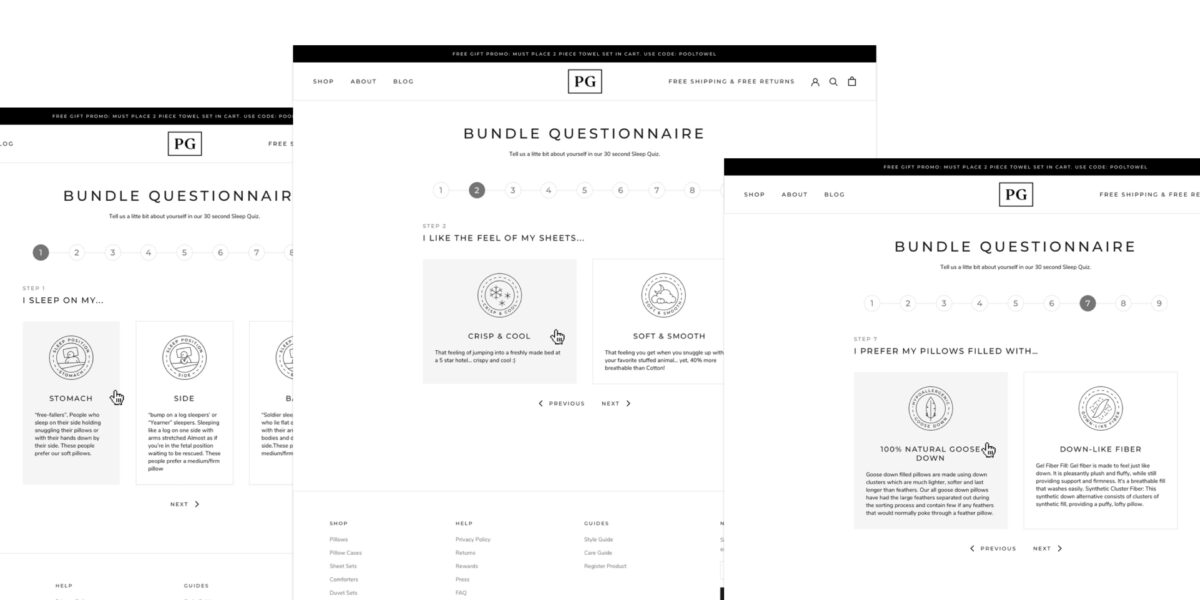Hosting a website is a more complex endeavor than meets the eye.
Sounds simple enough at first, right? Upload the website files to the server, connect the server to the internet, and wham, the website is hosted. Unfortunately, it really doesn’t work like this at all — and it’s a more involved process to host a website and all its associated functionality than it is to enable sharing on a folder on your server.
Here are the top reasons why you should not try to host your own website in-house:
1. Today’s websites require modern web server hardware. It’s not rocket science, but simply loading your website onto an old machine that was sitting around in a closet somewhere just won’t do. You need plenty of processing power and memory, as well as a very reliable system to keep the website performance adequate.
2. Today’s websites demand the latest web server software. The good news is that most of the popular hosting environment software these days is open source. The bad news is that unless you’re really familiar with the software, it’s not exactly plug and play. Setting up a typical LAMP (Linux, Apache, MySQL, PHP) or Windows-based web server environment can be complicated — and then there’s the fact that you must decide which versions of each of these platforms should be utilized and how it will all be kept up to date and maintained.
3. Your internet connection is probably not redundant. Most small businesses and organizations these days use a high-speed DSL or Cable internet connection because it’s affordable and adequate for average officeplace usage. But once you factor in a website with dozens, hundreds, or even thousands of simultaneous users, all pulling bandwidth off this one (now substandard) internet connection—well…you can probably see the writing on the wall here. Another downfall to using a consumer grade internet connection to host a website is the fact that if it goes down, there’s no backup in place.
4. By hosting in-house, you’re exposing your in-house network. When you host your website on the same server and/or network that the rest of your organization’s IT infrastructure runs on, you’re automatically exposing your entire network to any security flaws or exploits that your website might create. No matter how tight your security is, by allowing the public to access your website that’s hosted in house, you’re automatically inviting hackers into the system.
So, what’s the solution then?
Simple: You need to host your website through a hosting company, your web developer’s platform, or a professional datacenter.
By using a reputable and professional service to host your website, you’re pretty much assured that your website will be running on up-to-date quality hardware. The software for the hosting is also going to be set up correctly and maintained as necessary.
Professional web hosts keep multiple professional communications grade internet backbone connections online—plenty of bandwidth is available, and the host’s connection to the internet is backed up and fully redundant. Plus, you’re not taking the chance of exposing your network to security issues when you host your website with an offsite service.
And naturally, there are about a thousand more good reasons to use a professional web hosting service instead of attempting to try to host your website in-house. The points discussed here are the highlights, and as such, are really just the tip of the iceberg. Have questions about hosting and all of the different options out there? If so, please feel free to contact us at any time—we’ll be more than happy to answer your hosting questions.
















